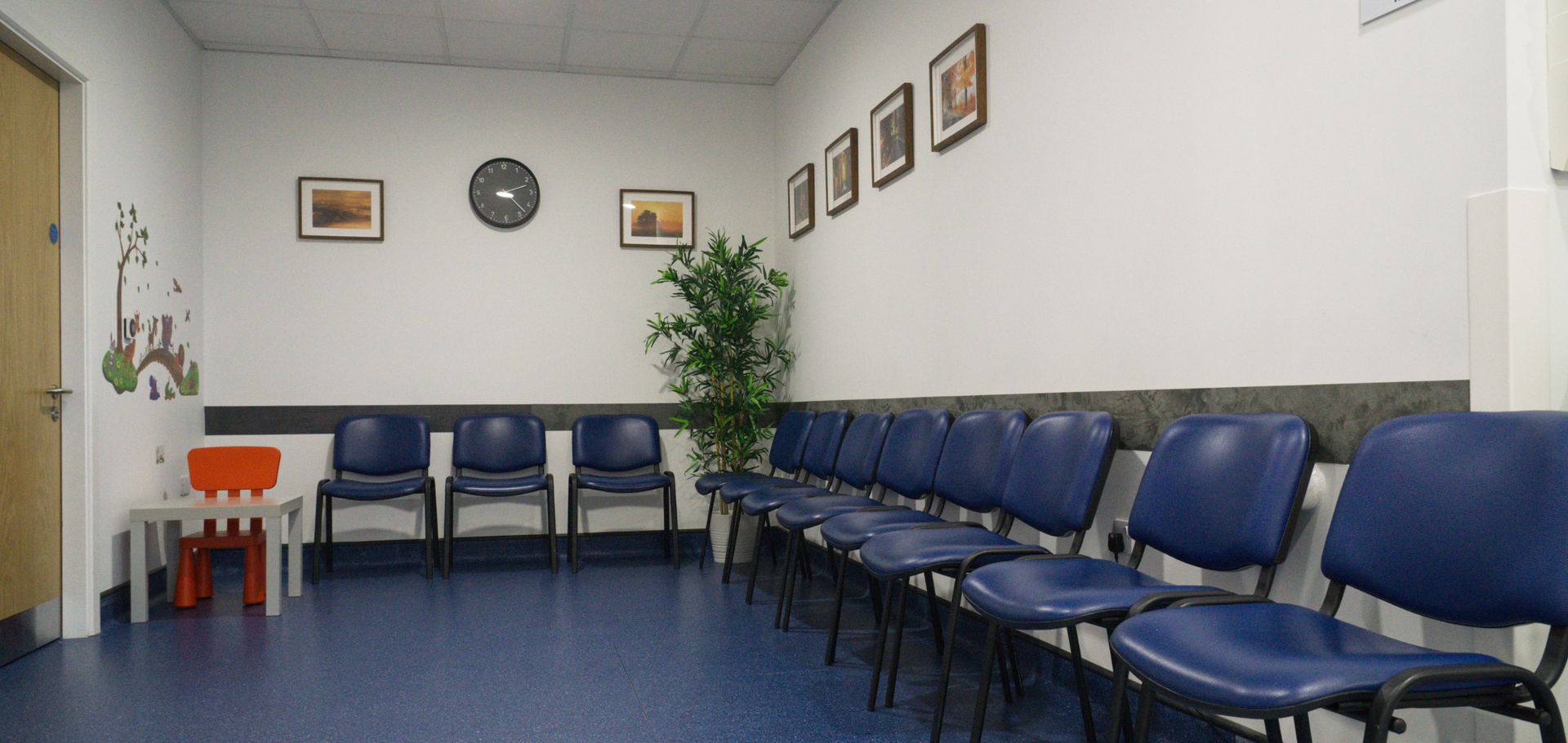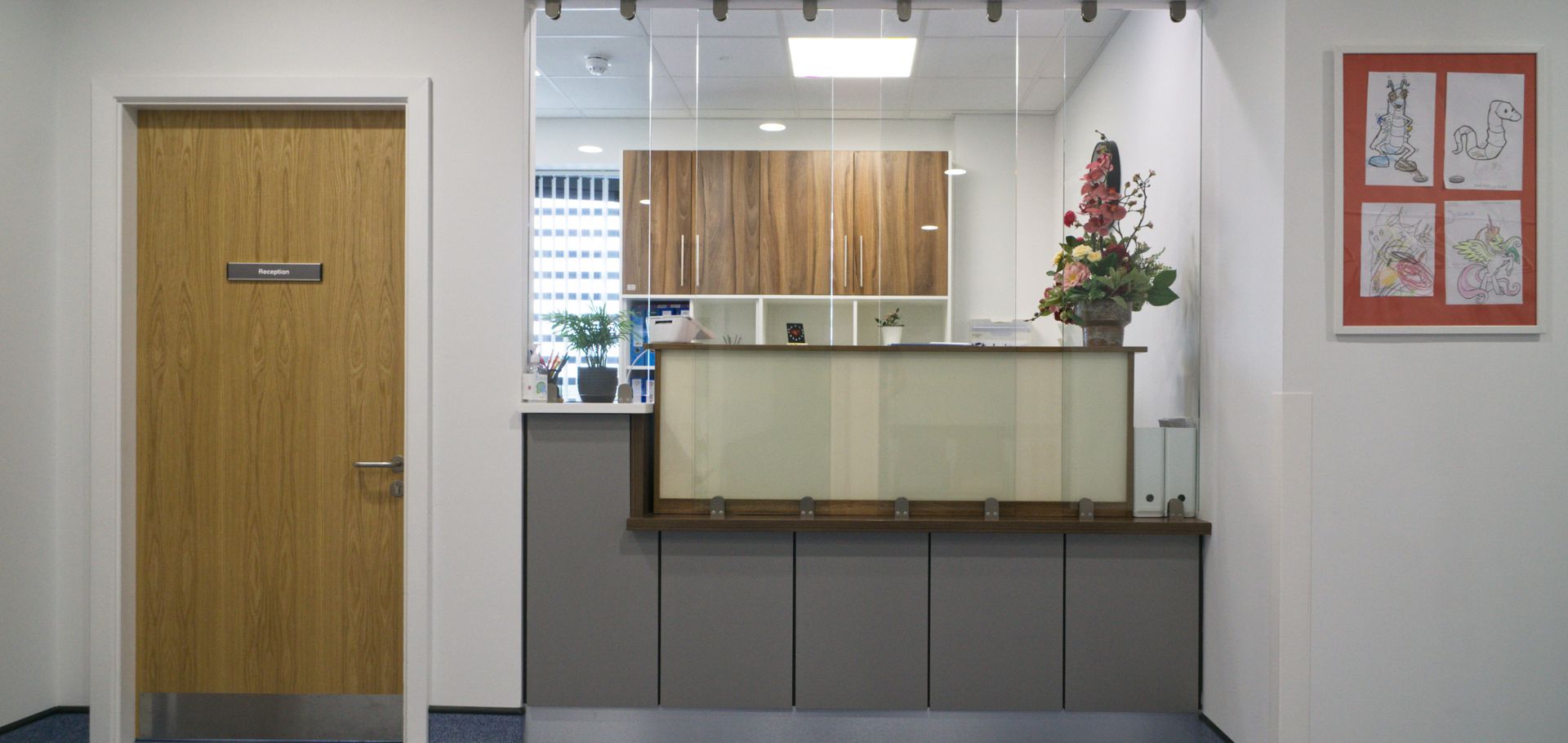Esculap Medical Centre
13 jan2023
Esculap Medical Centre
Esculap Medical Centre is a modern GP surgery in the Ballincollig county Cork and providing the full range of general practice care to public and private patients. Our medical services are provided by 2 GPs and a practice nurse.
Prescriptions:
Test results:
dr Bogumila Rojek
GP consultation

Dr Bogumila Rojek - Family Doctor - Family Practice, Internal Medicine or General Practice with a special interest in paediatric medicine.
dr Andrzej Dembicki
GP consultation
Dr Andrzej Dembicki - Internal Medicine Specialist, Family doctor.
Services
Blood tests are taken in the morning as they are collect by our courier at lunchtime and taken to the laboratory CUH or Medlab for private patients. Fasting bloods means twelve hours fast prior to blood test - you can drink water. Children well watered.
CervicalCheck is the national cervical screening programme. Population-based screening is where we offer a screening test to people in a target group. In cervical screening, the target group is people with a cervix who have been sexually active and are aged 25 to 65 years old.
For children from birth to age of 2 (as per national immunization programme)
Immunization for children from birth to the age of 2 is part of the national immunization program. This program recommends that children receive vaccines to help protect them from serious infections and diseases. Vaccines are administered at specific times during the first two years of life, and may include vaccines for hepatitis B, rotavirus, diphtheria, tetanus, acellular pertussis, haemophilus influenzae type b, pneumococcal conjugate, inactivated poliovirus, influenza, measles, mumps, rubella, varicella, hepatitis A, and human papillomavirus. Infants may also receive additional vaccines or doses of existing vaccines depending on their health and risk factors. Vaccines are a safe and effective way to protect children from serious illnesses, and are an important part of preventive care.
Immunisation for hepatitis, flu, tetanus, rabies (patient brings own vaccine)
Immunization for hepatitis, flu, tetanus, and rabies may be administered to patients who bring their own vaccine. All vaccinations must be done according to the manufacturer's instructions, and the patient should be monitored for any adverse reactions. For hepatitis, the patient will need to receive a series of two or more shots, depending on the vaccine used. For the flu, the patient will receive a single shot. For tetanus, the patient will need to have three doses of the vaccine, with a booster every 10 years. For rabies, the patient will need to have three doses of the vaccine, with a booster every 5-7 years. Vaccinations are an important part of preventive care and can help to protect against serious illnesses.
Flu vaccine for patient qualified to risk group as per HSE recommendations
The flu vaccine is recommended for those in high risk groups as per the Health Service Executive (HSE) recommendations. The flu vaccine is a safe and effective way to reduce the risk of catching the flu and its complications. The vaccine helps the body to build immunity to the flu virus, so that it can fight it off if it comes into contact with it. The vaccine is administered via an injection and is available to those in at-risk groups, including people over 65 years of age, pregnant women, healthcare workers and people with long-term health conditions. It is important to get the flu vaccine every year to maintain immunity and reduce the risk of catching the flu.





